This curated selection of sci-fi films delves into the theme of atheism, presenting narratives where characters question or outright reject traditional religious beliefs. These films offer a unique perspective on the intersection of science, technology, and spirituality, making them valuable for viewers interested in philosophical inquiries, futuristic settings, and the exploration of human existence without divine intervention.
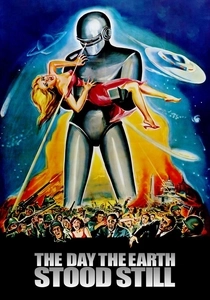
The Day the Earth Stood Still (1951)
Description: An alien visitor arrives on Earth to deliver a message about peace and the dangers of nuclear war, presenting a secular view of extraterrestrial intervention.
Fact: The film was remade in 2008 with Keanu Reeves, but the original is often considered more impactful.
 Watch Now
Watch Now 
2001: A Space Odyssey (1968)
Description: Stanley Kubrick's masterpiece subtly explores themes of evolution, intelligence, and the absence of a divine creator, focusing instead on human curiosity and technological advancement.
Fact: The film's famous monoliths were inspired by a short story by Arthur C. Clarke, who co-wrote the screenplay.
 Watch Now
Watch Now 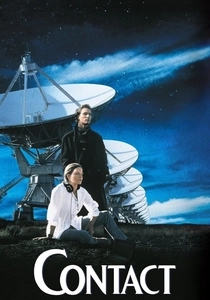
Contact (1997)
Description: This film explores the conflict between science and religion through the journey of Dr. Ellie Arroway, who receives a signal from an alien civilization. Her atheistic views are challenged by the implications of the message, which some interpret as divine.
Fact: The film was inspired by Carl Sagan's novel of the same name, and he also made a cameo appearance in the movie.
 Watch Now
Watch Now 
Gattaca (1997)
Description: Set in a future where genetic engineering is common, this film explores themes of predestination and the human spirit, often without reliance on religious explanations.
Fact: The film's title is derived from the letters representing the four nucleic acids in DNA.
 Watch Now
Watch Now 
The Matrix (1999)
Description: The Matrix presents a world where reality is a simulation, challenging traditional notions of a creator or divine power, and instead focuses on human control and choice.
Fact: The Wachowskis were influenced by various philosophical and religious texts, including Plato's Allegory of the Cave.
 Watch Now
Watch Now 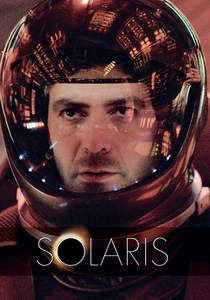
Solaris (2002)
Description: Steven Soderbergh's remake of the Russian classic deals with psychological and existential themes, questioning the nature of reality and the human mind, often in the absence of divine intervention.
Fact: The original 1972 Soviet film by Andrei Tarkovsky is also highly acclaimed.
 Watch Now
Watch Now 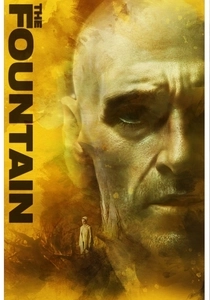
The Fountain (2006)
Description: This film intertwines three narratives across time, exploring themes of life, death, and the search for immortality, with a focus on human endeavor rather than divine intervention.
Fact: Darren Aronofsky wrote the script for this film over the course of a decade, and it was his passion project.
 Watch Now
Watch Now 
Ex Machina (2014)
Description: This film delves into the creation of artificial intelligence, questioning the role of a creator and the essence of consciousness, often without reference to traditional religious frameworks.
Fact: The film's title is a reference to the Latin phrase "deus ex machina," meaning "god from the machine."
 Watch Now
Watch Now 
Moon (2009)
Description: This film focuses on a lone astronaut's existential crisis, exploring themes of identity, isolation, and the search for meaning in a universe devoid of traditional religious answers.
Fact: Duncan Jones, the director, is the son of musician David Bowie.
 Watch Now
Watch Now 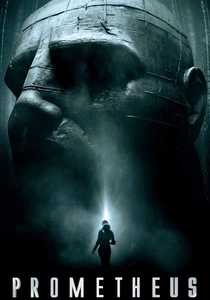
Prometheus (2012)
Description: While not explicitly atheistic, the film raises questions about the origins of humanity and the existence of gods, with characters exploring these themes through their scientific expedition.
Fact: The film serves as a prequel to the Alien franchise, exploring the origins of the Xenomorph species.
 Watch Now
Watch Now 








